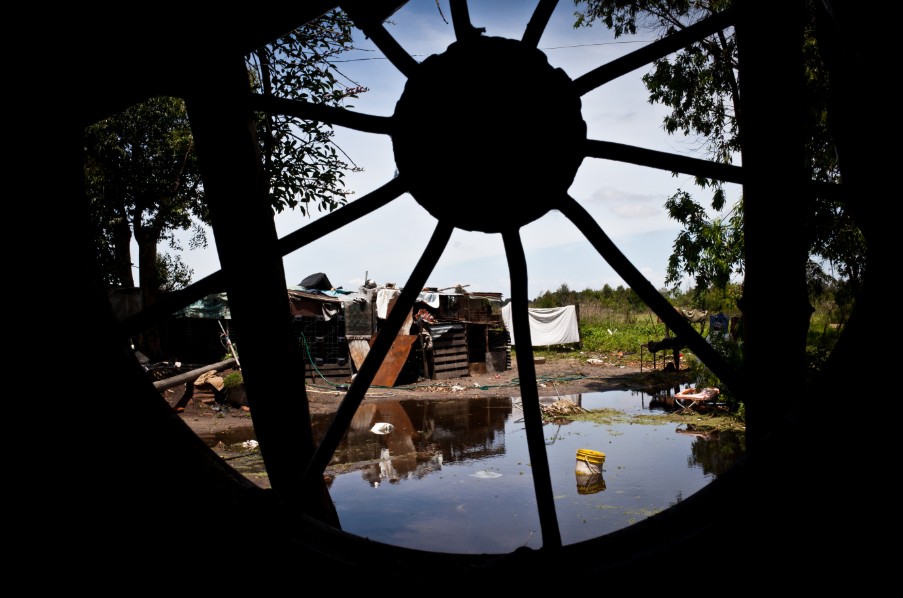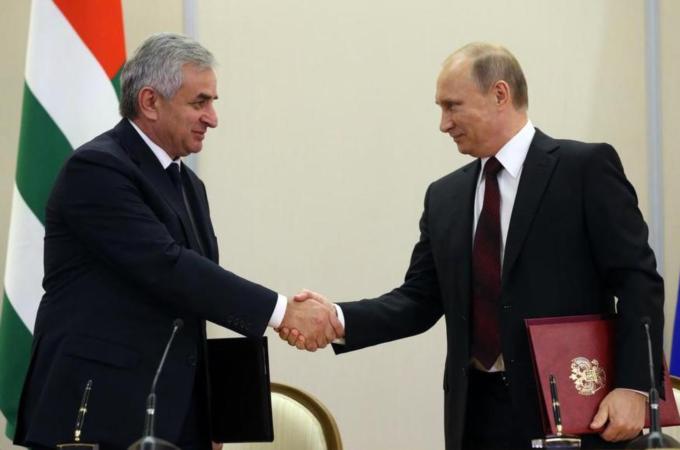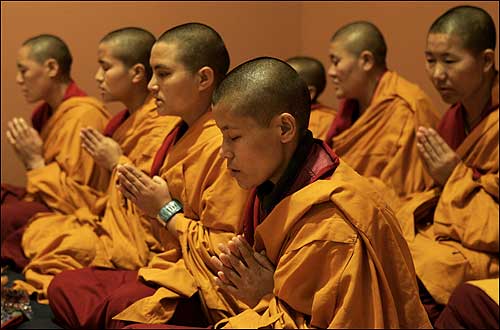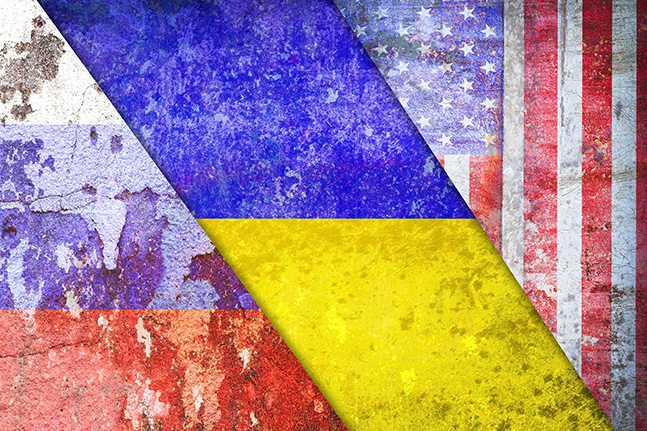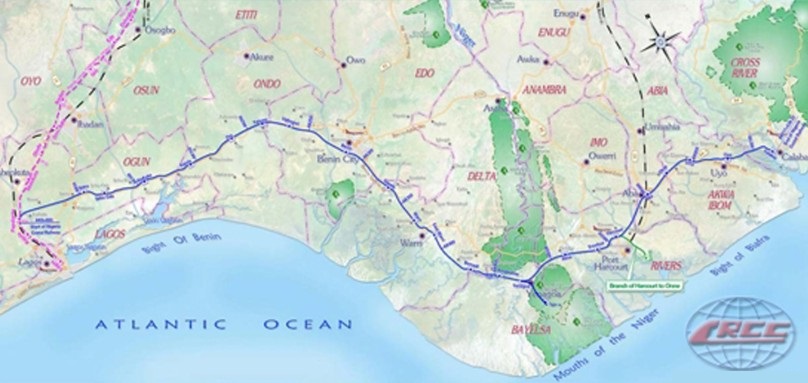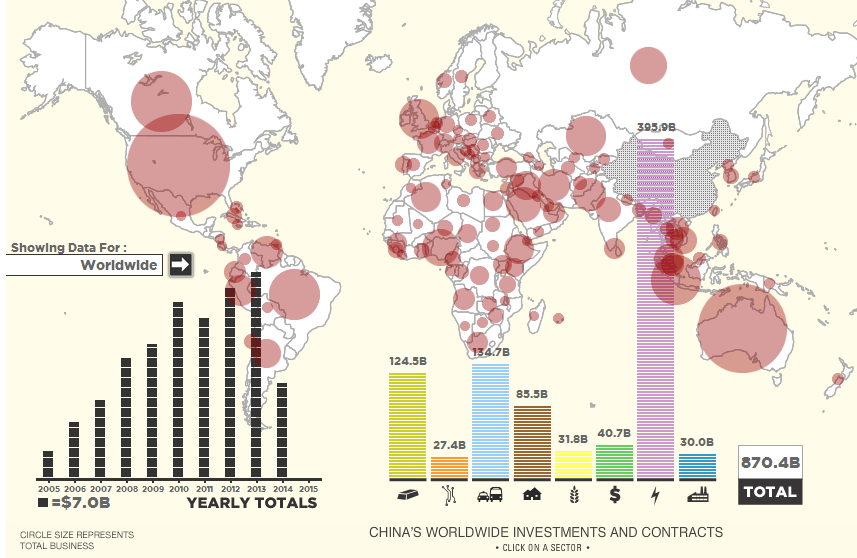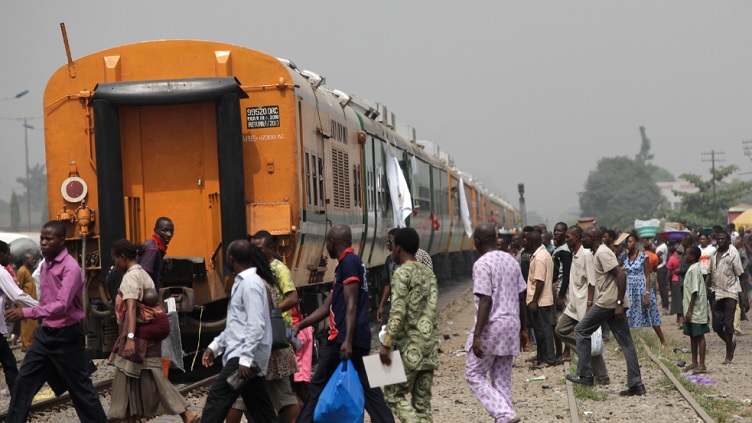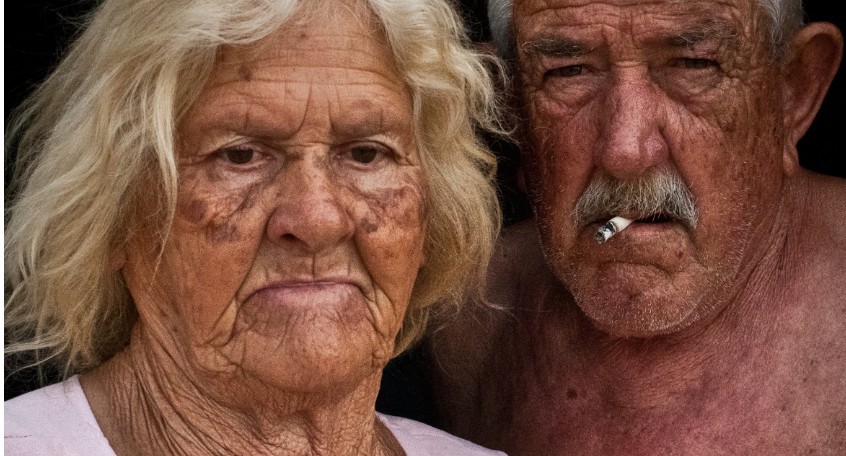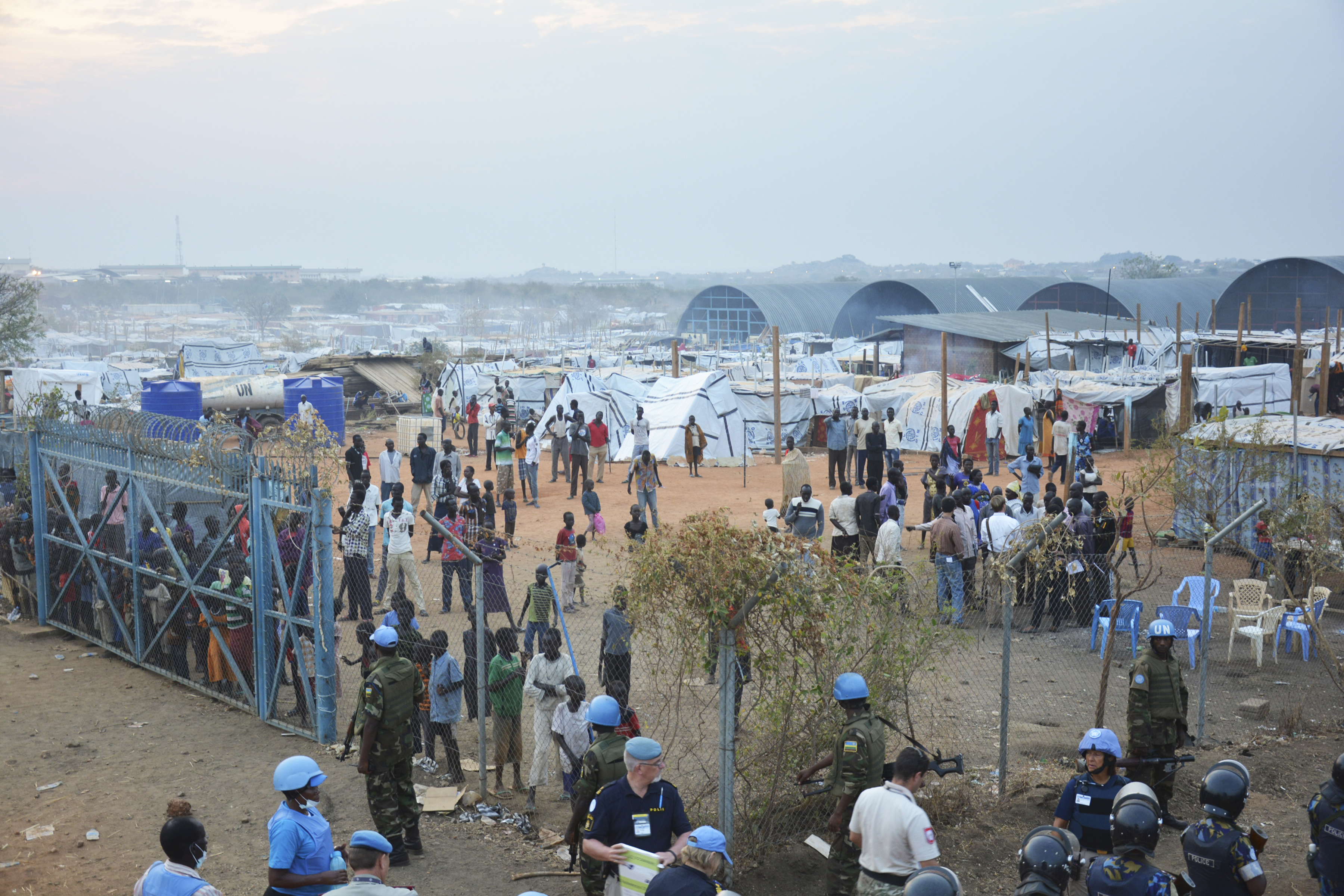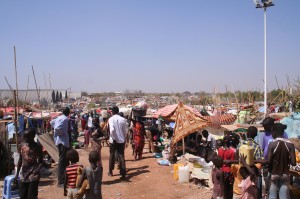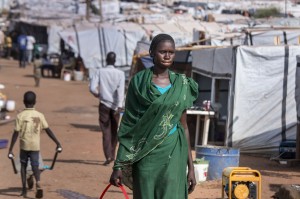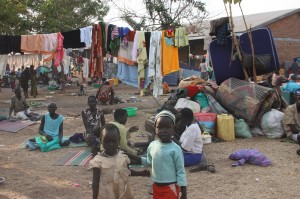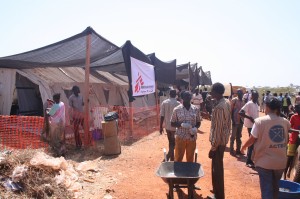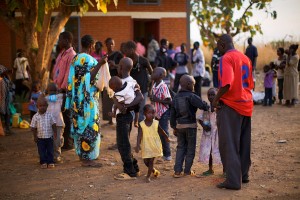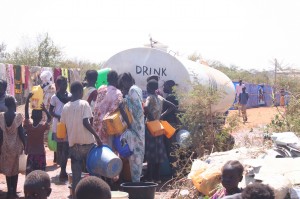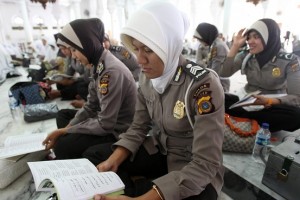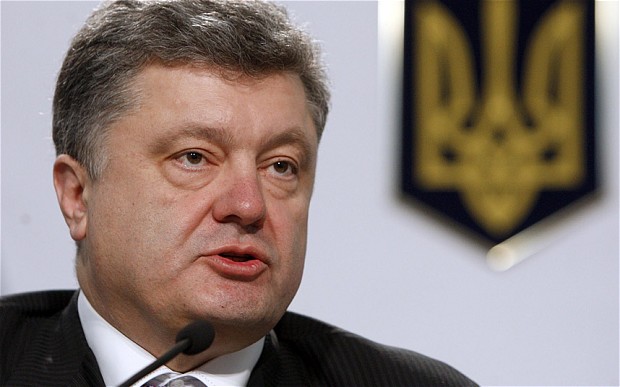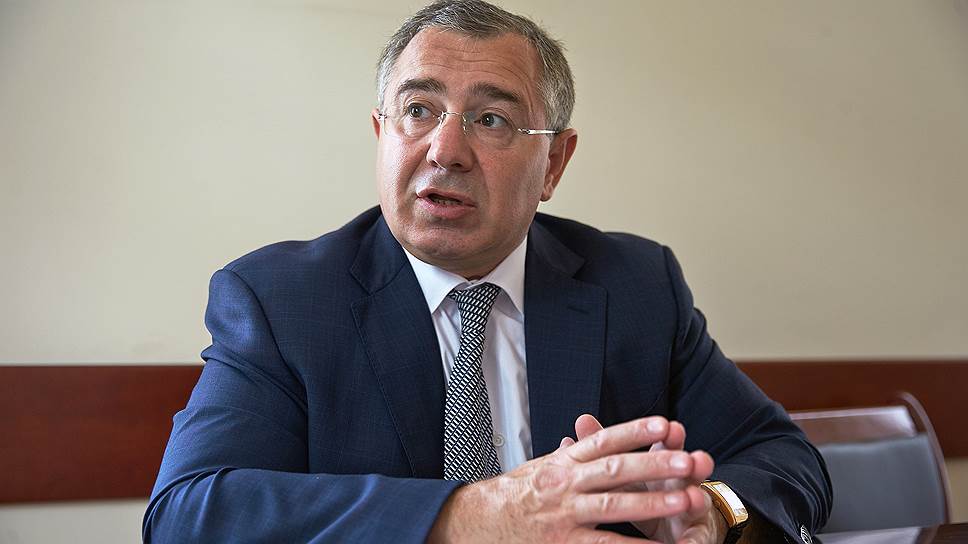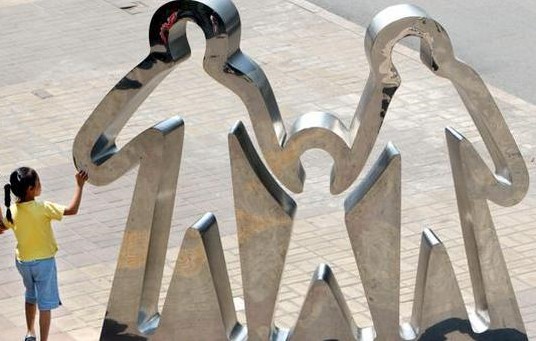Photo-reportage by Spanish photojournalist César Dezfuli and journalist colleague María Sanz takes us into the lives of Uruguayans dispossessed by the floods that occurred in the south of the country this month–and specifically into the city of Colonia del Sacramento, where 150 families had to be evacuated. The area suffers flooding regularly, and the impoverished residents, who also suffer social exclusion, are the most affected. This community of Uruguayans waits to be relocated by the local government into houses which are owned by a Finnish paper company, but since they were first promised three years ago that they would be moved to new houses nothing has happened, although the government knows they are living in a flood area.
This story, beyond being a natural disaster, illustrates a particular case of exclusion of the right to housing.
“Tonight I can finally get back to my palace,” said Claudia Machado with an ironic smile, standing on the back of a Uruguayan Army truck. She is a victim of a flood that forced more than 150 people to evacuate Oct. 29 in Colonia del Sacramento, a city by the Río de la Plata in southern Uruguay.
Claudia was among last of the evacuees returning to her home in Villa Ferrando, a squatter settlement in the suburbs of Colonia. This area was one of the most damaged by the rains due to the swelling of La Caballada, a stream close by the place where the houses were built.
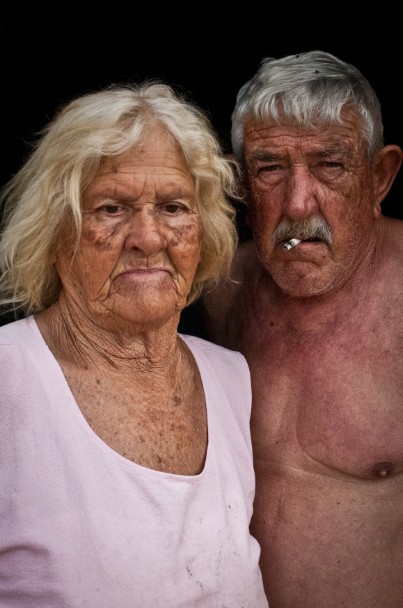
Most of the residents in Villa Ferrando found shelter in the Campus Municipal, the sports center in Colonia. Two days later, in the early morning, they returned to their houses under a darkened sky reflecting the threat of another storm.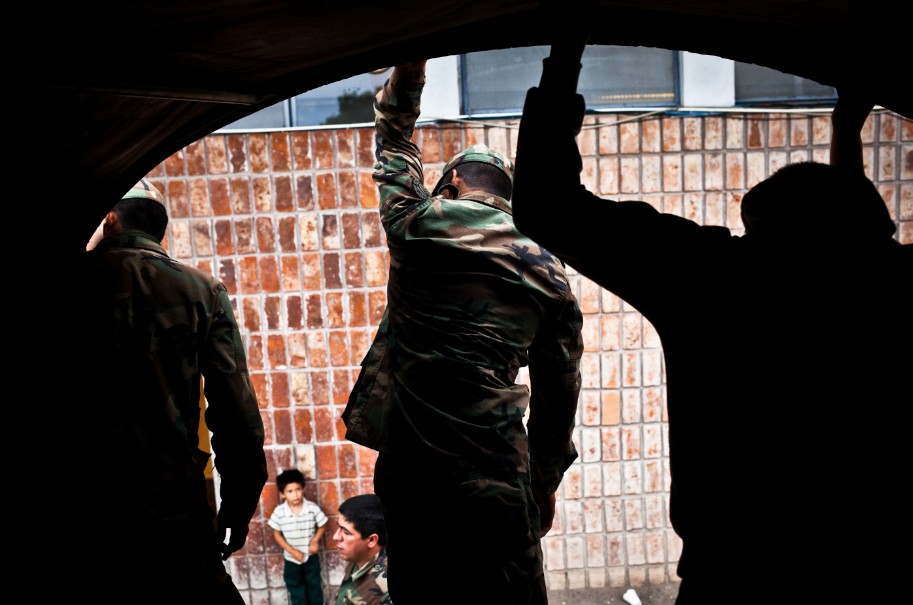
The houses were not in proper condition, so no one should have spend another night there. However, the residents had been asked to leave their temporary refuge in the sports center. Some of them were happy to be back home, and others guessed that they had been forced to go because there was a football match that day and the visitor’s team needed the Campus Municipal to sleep.
Many of the people in Villa Fernando had to face the heavy damage caused by the storm when they arrived home: destroyed ceilings, houses flooded with mud, moldy walls, unusable furniture and appliances… Dripping clothes and drenched mattresses were hanging on ropes to dry in the sun.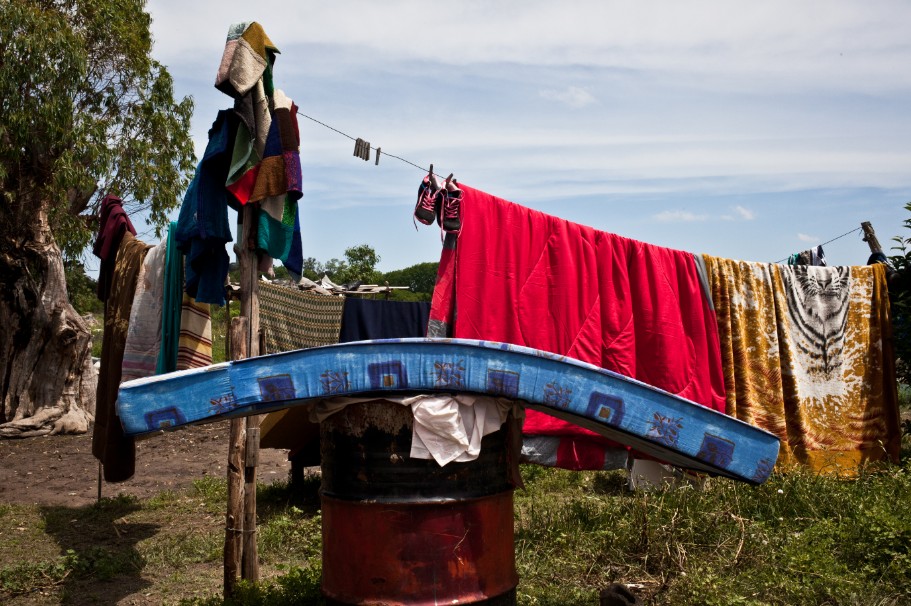
By the door of her empty place, one of the closest houses to the river, Marta explained how the stream reached the two-room house where she lived with her whole family. “It was all under water–you couldn’t see that curve on the river there, it was all covered with water. The house started to get flooded and we all had to get away,” she said.
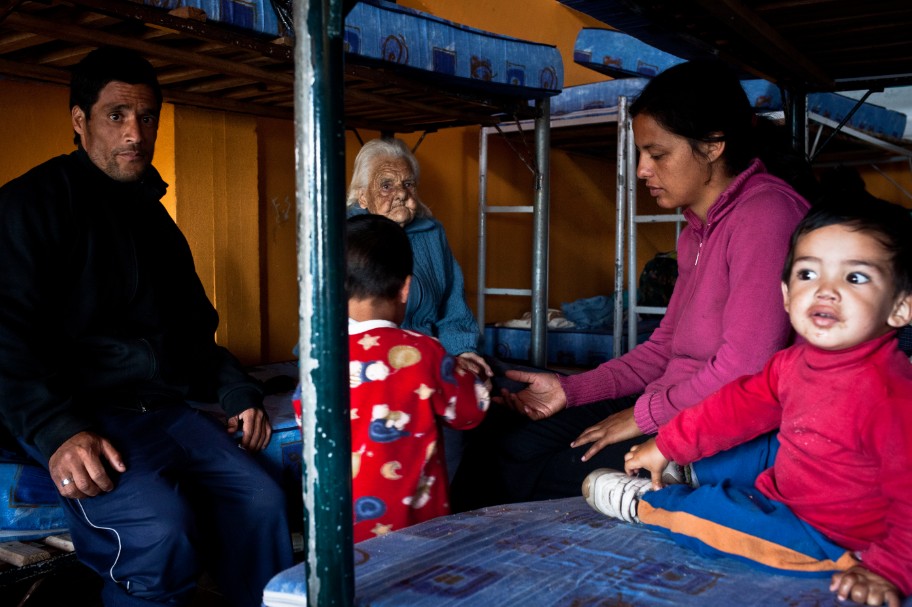
Neighbors made an inventory of losses and recalculated how long it will take them to recover what had been damaged. “At home we had a fridge, a washing-machine… My husband and I are working, and it takes us more than one year to pay the fees on everything,” explained Ana Acosta, spokeswoman of the slum. “Our appliances are ruined and no one is accepting that responsibility. We have to start again, and again, and again… because this is not the first flood we are suffering.”
Acosta works in a retirement home in the city, but most of her neighbors confess that they live off “changas”–irregular, sporadic jobs–just to survive. “It’s really hard to get regular employment, because when you say you live in Villa Ferrando, you are automatically discriminated and employers don’t call you anymore,” she revealed.

Her parents, who are already retired, have been living in this very same place for decades. They remember at least one similar flood in 2007, although they state it did not damage as many houses as this last one did. “The stream was huge. It was just impressive,” said Acosta.
According to Omar Espinosa, another resident, recent swells had been caused by the work on the upper side of the river course, destined to create a new quarry for the company Arenera Colonia. Curiously enough, the neighborhood was named after the founder of this enterprise, Santiago Ferrando, who had been dedicated to sand extraction in the area.
“When they started the excavations to extract more sand in the upper part of the stream, a wider water flow began to go down the river, so this area is now more likely to get flooded,” warned Espinosa. “If the lower part of the stream would get drained, the river would get deeper and be less likely to overflow,” he thought.
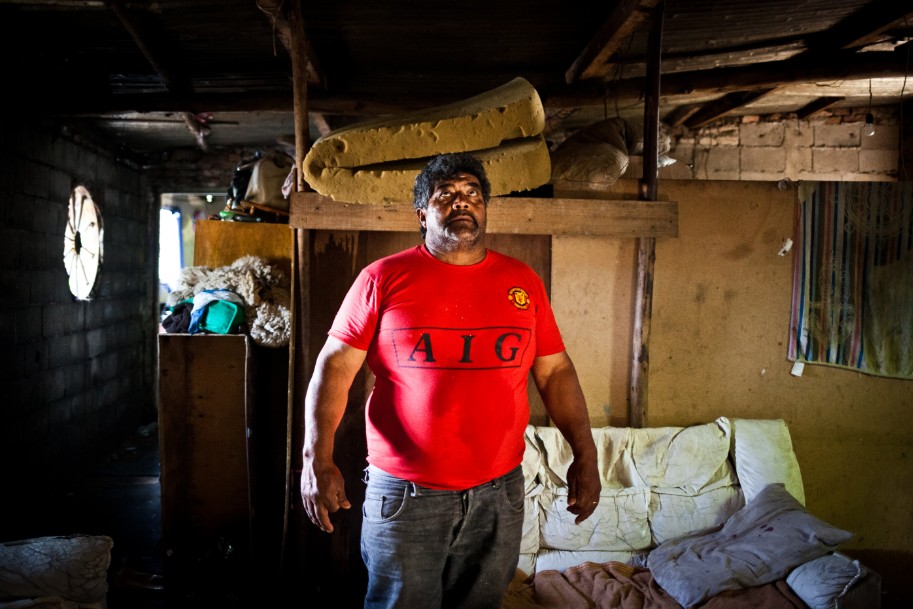
Omar, a 60-year-old evangelical priest, works in the building sector. He has lived in the shanty town of Villa Ferrando for more than twenty years with his wife, Suly Roldán, and their offspring, which includes 27 grandchildren. As a missionary, he had traveled to faraway places: Peru, Southern Korea, Angola… until he settled down in Colonia to go on with his preachment. To him, successive floods are “God’s challenges,” and he faces them with faith and a fighting spirit. He himself built up the walls of his precarious home, which has electricity and is open to everyone else in the neighborhood.
Outside, in the huge puddle that grows with every new rainfall, one of Omar’s grandchildren played in the silt wearing big rubber boots. Behind the house, survivors of the disaster were looking for shelter: some hens, some dogs, but no pigs. In addition to the objects and the scarce goods in the houses, the rains had taken a big part of the food and the livelihood of the slum inhabitants.
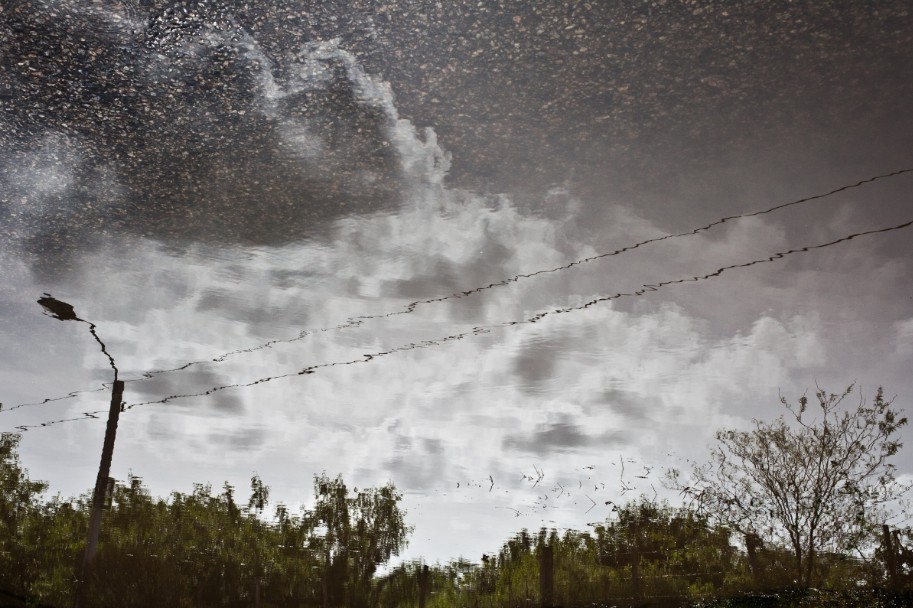
“If your house gets flooded, you have to run away. You resist until the last moment, trying to save some of your things, but when you are up to your neck in water, material things are not so important,” explained Alba Machado while cleaning her muddy home in the dark, suddenly brightened by lightning. She was so convinced of her indifference toward material goods that some years ago she moved from her house to the slum, following her partner. He died some time ago, a victim of a lung disease. Obviously life conditions at the slum would not have contributed to his recovery.
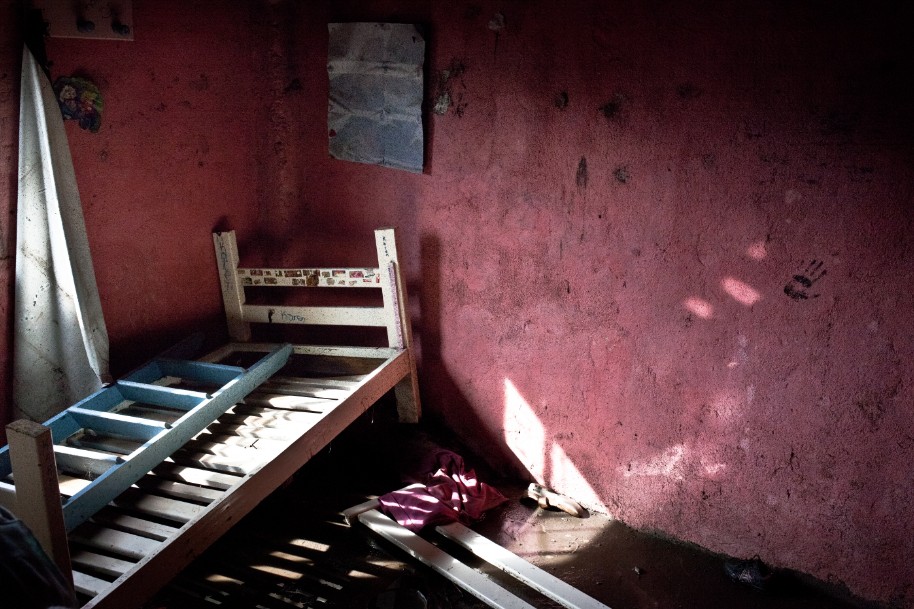
Waiting for a place to call home
Villa Ferrando’s inhabitants have been waiting for some years for their relocation, given that they occupy a zone close to a stream, and that the authorities are trying to finish with shanty towns in the area. Uruguay’s Housing Ministry (MVOTMA) and Social Development Ministry (Mides), in collaboration with Colonia’s local government, are working together to provide the 270 slum families with safe houses equipped with all supplies.
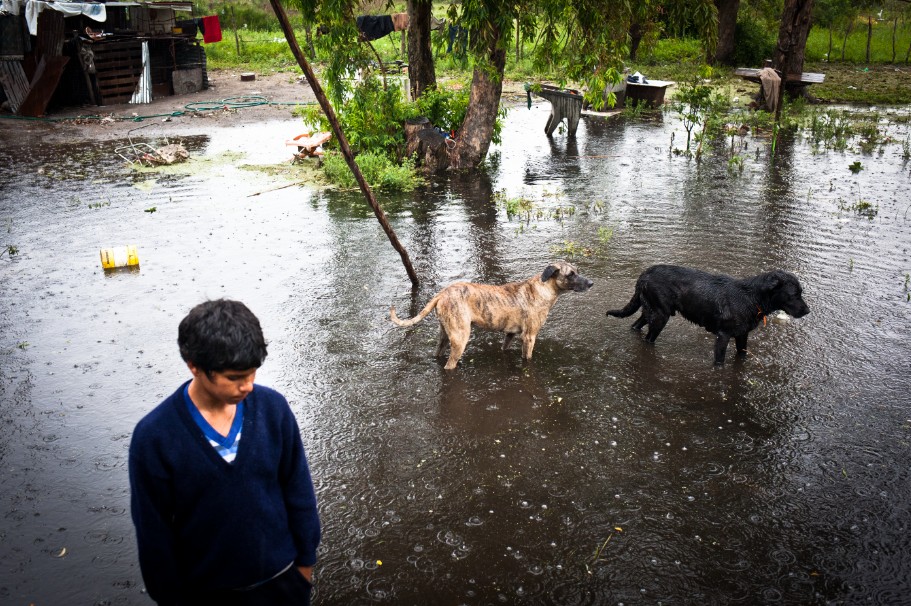
The aim is to relocate the families in different areas in the city in order to make the community become more “integrated into society,” according to public servants in the MVOTMA headquarters in Colonia.

One of these areas would be the neighborhood built three years ago by the Chilean-Finnish paper company Montes del Plata to host the employees working on the construction of the plant destined to become a paper mill. Now that the job is finished, furniture and other comfort supplies are being removed in order to “make houses match with the families’ profiles,” explained staff at MVOTMA.
The local government wants to give the houses to all their occupants at the same time, but Villa Ferrando’s inhabitants are not satisfied with this measure. “Here we have some families with children, with elderly people…Families who live at the river bank and have to deal with the risk of a new flooding… And we want these families to be relocated first, because their situation is much more urgent. The houses are already built, but they remain empty,” Ana Acosta stated.
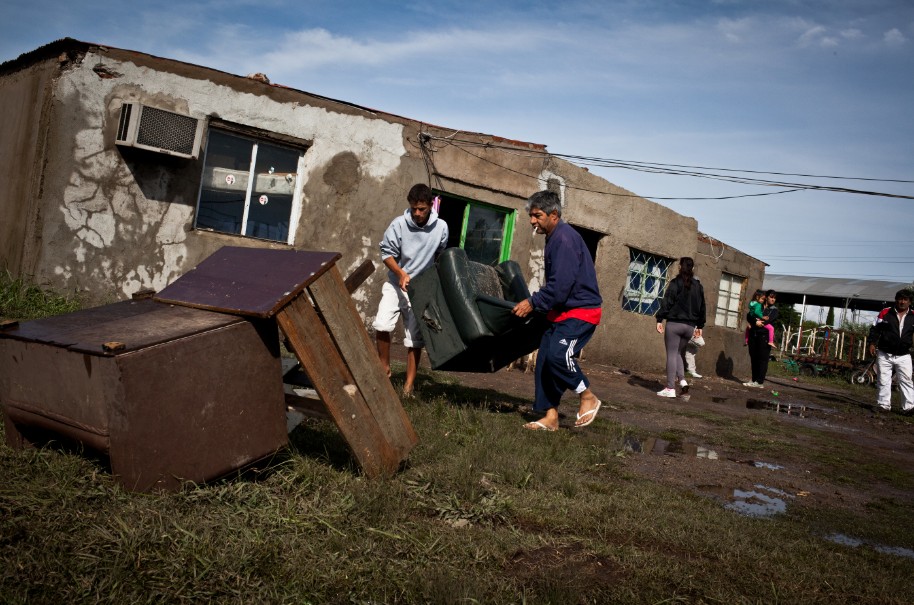
It never rains but it pours inside the houses, and people in the slum calculate how many spring and summer weeks are left. They do not talk about seasons anymore, but about chance of rain. Resignation sticks out. “We have no more hope to have a home,” says Amelio, another neighbor. “All politicians came here before election day to ask for our votes. That is when they care about us). They all make promises, but then they never keep their word,” he complains.
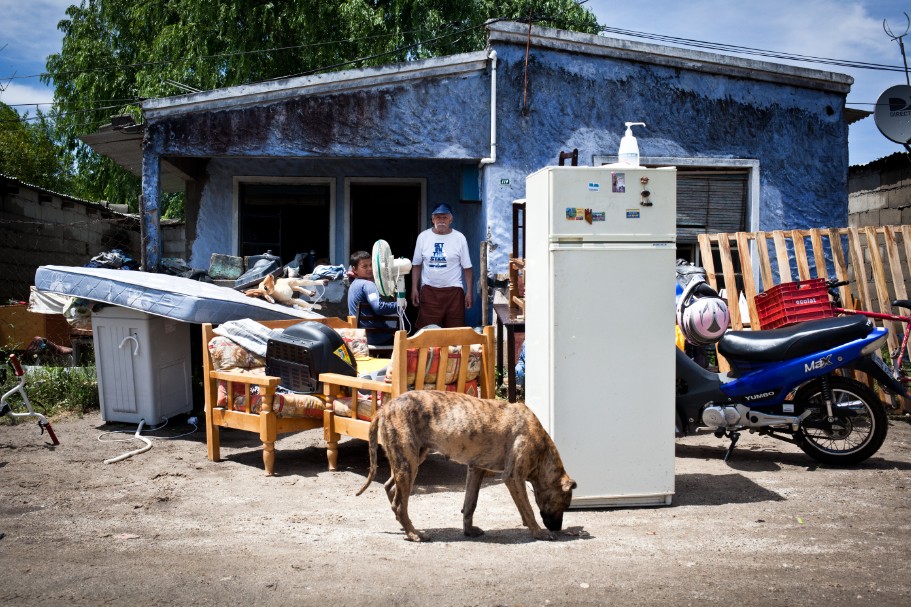
According to Uruguay’s National Statistical Institute (INE), in 2011 there were 165.271 people living in slums in the country, the global population of which is just over three million inhabitants. The number of people living in slums lowered 8 percent between 2006 and 2011, and the total of irregular housing settlements reported around the country fell 11 percent, according to the data provided by the United Nations Development Program (UNDP).
It is considered that 5 percent of Uruguayans currently live in shanty towns, while more than 30 percent of the houses in the country do not have access to water and sewerage. The Frente Amplio, a left-wing political party which has governed the country since 2005 and represents the option with more chances to win the upcoming November 30th elections, stated that more than 400 million Uruguayan pesos (approximately 13.28 million euros) would be invested in 2014 in a special program for informal housing settlements.

At the same time, the opposition party, the Partido Nacional, second in number of votes in the first-round elections day held on October 26th, has proposed a strategy to achieve the goal of a country without slums. They promise to “relocate people living in slums, especially those groups located in highly polluted areas or in zones that are more likely to be flooded.”
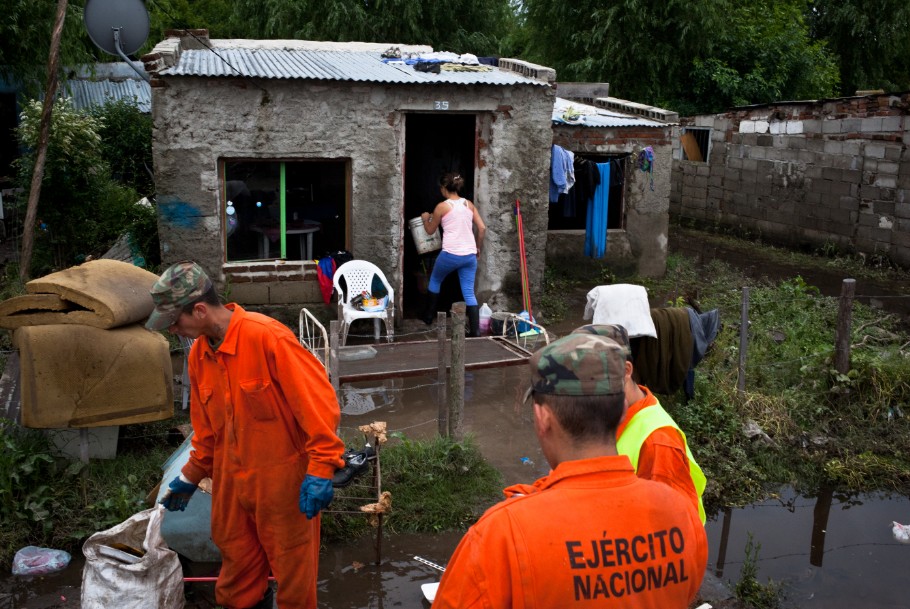
What Villa Ferrando is asking the candidates of any party for is support before they become abandoned and forgotten. “We want them to be a little bit more concerned about us. We are not here in the slum by choice, but because we are needy people,” said a neighbor while she walked by. But her voice was lost in the sounds of the thunderstorm that was getting ever closer.
César Dezfuli and María Sanz
